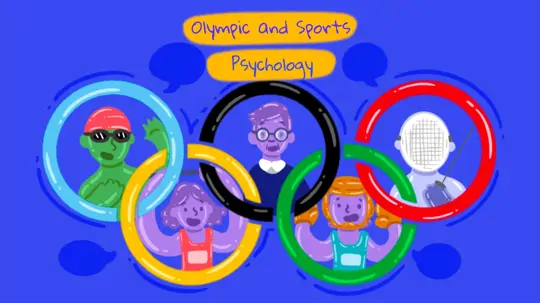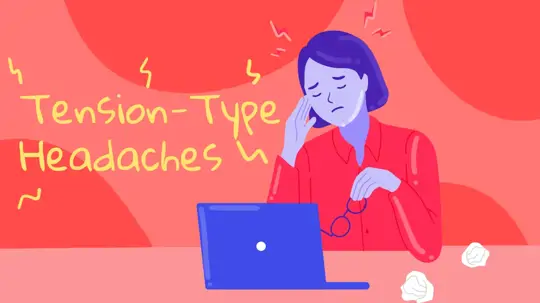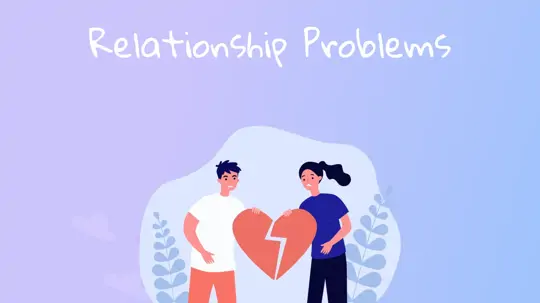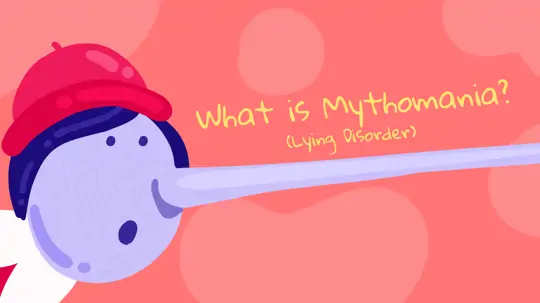
Start feeling better today!
Connect with your therapist today and take control of your life like our 850.000 happy clients.
Get StartedAnhedonia
Anhedonia is defined as a lack of enjoyment and is helpful in some diagnostic processes. It is also a symptom that is used to diagnose certain diseases. The word derives from the Greek words "an-" (without) and "hedone" (pleasure). It is also known as the condition of not being able to enjoy anything in social situations.
Although anhedonia appears in many psychological disorders that we are familiar with, we can see that it is critical in some of them. For example, according to the DSM-5, published by the American Psychiatric Association and widely accepted as the standard diagnostic language, depressed mood or anhedonia must be present for a diagnosis of major depression. So, what exactly is anhedonia? Is anhedonia merely an abstract concept, or does it have a biological basis?
Biological Causes of Anhedonia
According to a 2007 brain imaging study by Harvey et al., the degree of anhedonia in a person is directly related to ventromedial prefrontal cortex (VMPFc) activity in the person's brain and inversely related to ventral striatum activity. Given that the VMPFc is involved in preventing emotional behaviors and supporting self-control, and the ventral striatum is involved in managing the brain's reward system and behavioral motivations, anhedonia has a biological basis.
Types of Anhedonia
When we look at the different types of anhedonia, we can see that some researchers have divided them into two categories: social and physical. While social anhedonia is characterized by a dislike of spending time with others, physical anhedonia is characterized by apathy toward physical stimuli such as food, sports, music, and sex. In other words, if a person is unable to elicit any emotion in social situations, finds himself only trying to meet the needs of the environment on these occasions, does not feel a part of any group, and prefers to live alone, he may have social anhedonia at varying levels.
On the other hand, if you lack physical activities that excite you and are unable to feel emotions toward physically satisfying activities, you may suffer from physical anhedonia. In addition to these, the level of anhedonia can be measured on a scale. The Snaith-Hamilton Pleasure Rating Scale (SHAPS), which was developed in 1995, is considered reliable for this purpose. So, what are the signs and symptoms of anhedonia?
Symptoms and Causes of Anhedonia
Symptoms of Anhedonia
- Apathy toward life
- No longer enjoying activities that were previously enjoyable
- Insomnia or sleeping too much
- Growing appetite or loss of appetite
- Weakness and fatigue
- Difficulty concentrating
- Slowing in perception and movements
- Excessive change in sexual desire

Why Can I Not Enjoy Anything?
When we examine the reasons, we find a wide spectrum. Reduced pleasure after substance use (high tolerance), alienation from the outside world after trauma, genetic predisposition, changing mood due to drug side effects, susceptibility to anhedonia as a result of hormonal changes, changes in the body as a result of chronic diseases, low socioeconomic level, and other factors known to be associated with anhedonia.
Treatment for Anhedonia
Let us suppose we discovered anhedonia in ourselves. Is it possible to make a change? How should we handle this situation? Can we recover from anhedonia? Given the numerous causes of anhedonia, we cannot say that there is a single and definitive solution method. For medical and psychological reasons, it appears necessary to consult a specialist in order to properly determine and resolve the situation.
When we look at Craske and colleague's positive effect method as a general solution suggestion, we see that the study produced a positive result. This method is often used to:
- Find situations in our lives that make us feel good
- Improve our ability to recognize positive parts of ourselves by dealing with different events in our lives
- Practice love and gratitude meditations for this purpose
- Be spiritually generous to those around us
- Develop gratitude for life
- Give us a systematic way to look at things from a positive point of view
The positive effect method is appealing because it can be applied to our own lives. We ensure that our brain is physically shaped by making a conscious effort to recognize the positive elements in our lives. The reasoning behind this is that we can physically develop these brain areas by activating the relevant parts of our brain more frequently. What we need to do is make a conscious effort to focus on the positive aspects of our lives every day until this behavior becomes a habit.

If we are playing sports, we can imagine the effects of sports on our bodies, activate our reward mechanism, and say, "I am playing sports right now." When we listen to music, we should pay attention to how it affects our bodies and try to feel the music as much as possible. When we eat, we can try to slow down for a moment and concentrate on the taste of the food. By doing so, we can shape our minds in the way we desire.
Anhedonia is a condition that we are all familiar with and have experienced at various levels. When certain ailments occur, seeking assistance may be the best option. In cases where it arises from a conscious or unconscious lack of interest in life, the solution is right in front of us. We've grown accustomed to being uninterested, dulling the parts of our brain that deal with it. We can change this by trying to live life to the fullest and look for the good in everything.






